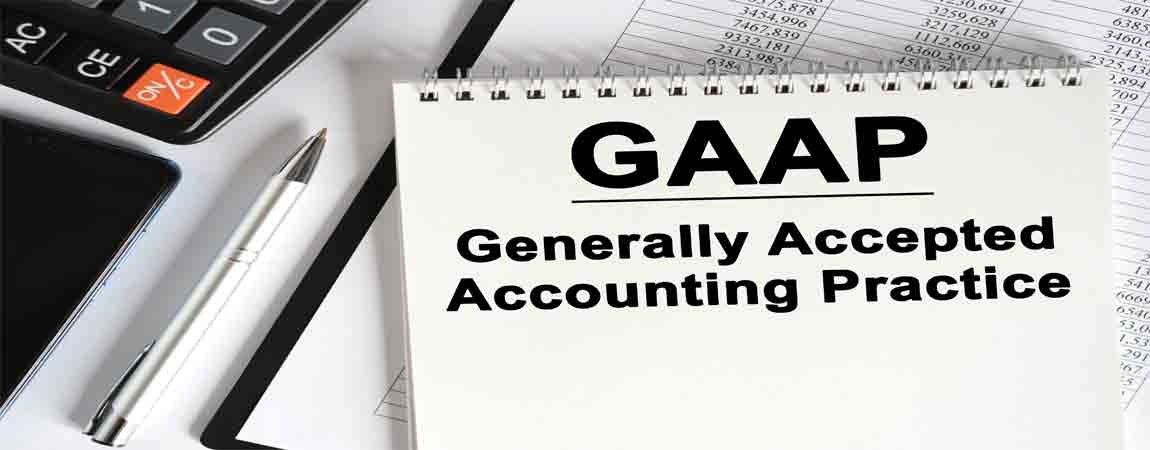
Posted on 2022-12-22 10:02:06 | by Admin
What is accounting?
In simple language, accounting starts where bookkeeping ends. Now the question is, what is bookkeeping, and where does it end?
Bookkeeping is sorting, recording, and categorizing business transactions in accounting software or paper books. A business transaction is a transaction that is not personal. If you buy food for your personal consumption, it is not a business transaction. But when you buy food for your customer when you meet with them, it is a business transaction. Usually, this is categorized as “Meals and Entertainment Expenses” incurred for your business.
You incur the same nature of expenses again and again throughout the year for your business, and a bookkeeper categorizes them from the year based on the nature of expenses. For example, advertising expenses, purchase of materials for sale, traveling expenses, telephone expenses, office expenses, etc. At the same time, you also receive payments from your customers for the goods sold or services performed, and these are categorized as your income.
At the end of this categorization, a bookkeeper performs a bank reconciliation to establish the accuracy of the bookkeeping and ensure all transactions in the bank statements are captured.
Typically speaking, the process of bookkeeping ends here.
The accounting process starts after the end of the bookkeeping process. The process of accounting ensures that your income or expenses have been recorded in your books based on the accrual basis of accounting. An accrual basis of accounting ensures that an income or expense is recorded in the period in which it belongs. For example, if you follow a calendar tax year-end and have paid insurance for July to June, half of it will be categorized as an expense, and half of it will be categorized as prepaid insurance. Suppose you have bought fixed assets, like equipment or furniture, for your business. In that case, these need to be depreciated based on their useful life and an appropriate amount of depreciation need to be recorded every year under the accounting process.
The objective of accounting is to ensure, usually, to produce financial statements on an accrual basis of accounting following certain guidelines of prevailing accounting principles.
Most of countries in the world have implemented some accounting principles or accounting standards that need to be followed when a business reports its financial statements.
These accounting principles or standards are meant to make the financial statements of a business comparable within a region or from an international perspective.
Many countries in the world call it “generally accepted accounting principles or practices.”
In Canada, we follow two types of accounting principles or standards under which the accounting is done, and the financial statements are produced.
These two standards are….
- ASPE – Accounting Standards for Private Enterprises
- IFRS – International Financial Reporting Standards
ASPE applies to businesses in Canada that are not seeking capital investment in general from public or businesses that are not listed on a stock exchange.
IFRS applies to businesses that are seeking capital investment from public in general or that are listed on a stock exchange.
Every accounting principles or standards follow some fundamental accounting concepts, and we will discuss the same in our next article.



